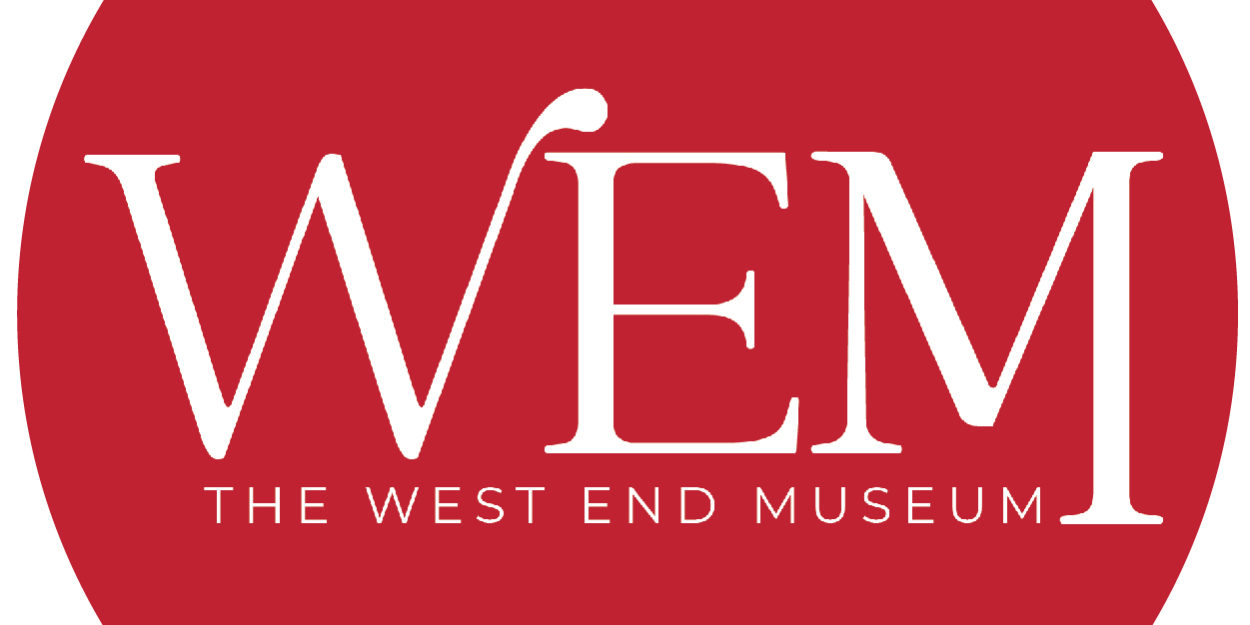Museum to Host 1st Annual West End Heritage Night
Boston, MA—Boston’s old West End was home to residents from more than 20 different ethnic and racial backgrounds. While the The West End Museum has previously honored West Enders of Irish, Jewish and Italian descent, it is now establishing a new event to recognize individuals from other backgrounds who made lasting contributions to the neighborhood. On Tuesday, December 5 from 6:30-8:00 p.m., the 1st Annual West End Heritage Night will honor Theofan “Fan” Stylian Noli , Helen Osborne Storrow and Theodore Richard “Richie” Nedd. Honoree presentations will be followed by a reception with light refreshments. The event is FREE and open to the public. (Media note: Downloadable photos of the honorees appear here.)
Theofan “Fan” Stylian Noli (Jan. 6, 1882-March 13, 1965) was born in Albania in 1882 and came to Boston in 1906. While a student at Harvard, Noli put down roots in the West End and became a leader in the Albanian immigrant community. In 1907, he co-founded the Besa-Besen (The Pledge) society, which helped establish the Albanian Orthodox Church, where he was ordained a priest. Noli edited Boston’s only Albanian newspaper from 1909 to 1911. Upon graduation in 1912, he returned to Europe and Albania until 1915. Back on US soil, Noli founded the Albanian Federation of America (Vatra). After WWI, he led the campaign for his homeland’s reunification, independence and membership in the League of Nations with support from President Woodrow Wilson. Once again in Albania in 1924, Noli led the “June Revolution”— challenging the feudal status quo, freeing peasants, and redistributing land ownership—and was proclaimed Prime Minister. With the overthrow of his government, Noli was exiled to Italy. In the 1930s, he achieved US citizenship and permanently settled here, earning a degree from the New England Conservatory and a PhD from Boston University. In 1953, Noli retired to Fort Lauderdale, where he died in 1965.
Helen Osborne Storrow (Sept. 22, 1864-Nov. 12, 1944) was born to a prosperous family during the Civil War and died during WWII. In 1891, she married James Storrow (as in Storrow Drive), the future founder of the West End House, and moved to Beacon Hill. Once settled, she focused on creating opportunities for immigrants, women and the working class. Storrow helped to establish the Saturday Evening Girls (SEG), a program for young women that generated self-esteem, leadership qualities and wage-earning skills. She made major financial donations, actively worked with members and other organizers—like fellow West Ender Fanny Goldstein, a Russsian/Jewish immigrant—and ultimately bought and gifted the property that housed the SEG and its offshoot, the Paul Revere Pottery. Storrow is also responsible for many public spaces in the West End and some of the other most congested areas of the city, including the Community Boathouse and numerous playgrounds, community centers, greenways and parks. Uniquely and admirably, she never hesitated to cross socio-economic or ethnic boundaries in an effort to uplift others less fortunate than she.
Born and raised in Boston’s West End, Theodore Richard “Richie” Nedd (Dec. 24, 1941-June 16, 2011) served as an SP4 in the US Army during the Vietnam War. He later worked as a carpenter and a corrections officer, and had an indelible passion for music. Nedd was an early supporter of The West End Museum, serving on its Board of Directors and donating numerous photographs and other artifacts reflecting African American life in the old neighborhood. He once wrote in The West Ender newsletter, “What I liked about growing up in the West End was that everyone was like your family.” He went on to describe watching his Boston’s Neighborhood Museum Page 2 of 2 godmother breaking up fights in the street, getting rides in Buster Crawford’s company truck, and playing cowboys at his friend’s house around the corner. Nedd was known to participate in several community events throughout the city, often with his wife Ellen, his children Helen, Margaret, and Richard and, whenever possible, his dog Savannah. One of his favorite occasions was the annual Juneteenth celebration at Franklin Park, which he enjoyed with his family and close friends. Juneteenth was an event of significance for Nedd, as it is for many African Americans, because it is the oldest known celebration commemorating the end of slavery in the US.
These individuals embody the diversity and spirit of the old West End, and the Museum is pleased to honor them.
Media Contact:
Matt Ellis
matt@ellisstrategies.com
617.278.6560
Museum Contact:
Susan Hanson
director@thewestendmuseum.org
617.723.2125
About the West End Museum:
The West End Museum is dedicated to the collection, preservation and interpretation of the history and culture of the West End neighborhood. The Museum’s permanent exhibit, “The Last Tenement,” highlights the immigrant history of the neighborhood through its decimation under Urban Renewal in 1959; two additional galleries feature rotating exhibits. The Museum is located near North Station at 150 Staniford St. Suite 7. Hours: Tuesday – Friday 12:00pm – 5:00pm; Saturday 11:00am – 4:00pm. Admission is free.


